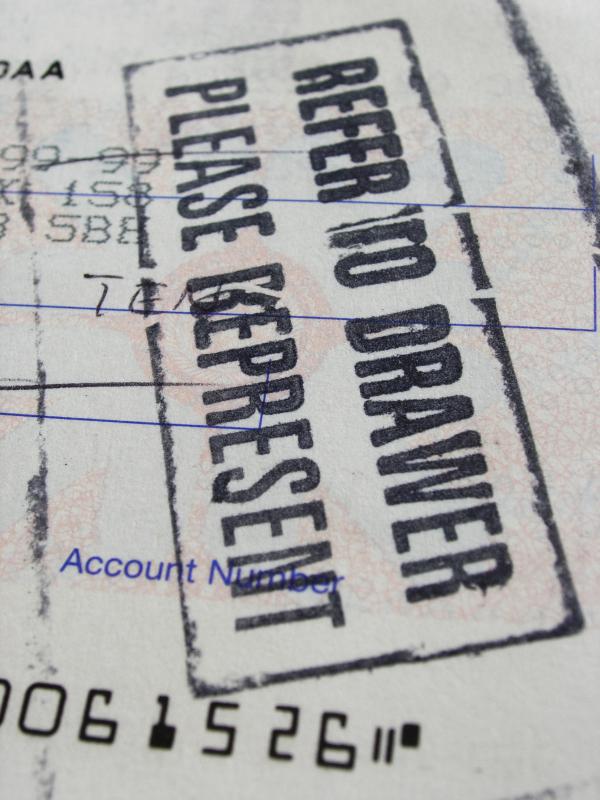At WiseGEEK, we're committed to delivering accurate, trustworthy information. Our expert-authored content is rigorously fact-checked and sourced from credible authorities. Discover how we uphold the highest standards in providing you with reliable knowledge.
What Are the Different Methods of Copay?
Also known as a copayment, a copay is the specific amount that the patient tenders for medical services at the time they are provided, with the remainder of the cost filed on a claim with the insurance provider. Unlike coinsurance plans that require the patient to pay an amount that is based on a percentage of the costs for serviced rendered, the copay is a fixed amount that does not vary from one visit to the next. Providers will accept copayments in several different forms, including cash, check or credit card. In addition, this type of medical expense may be covered through what is known as a copayment assistance program provided by a charitable organization.
One of the more common methods used to tender a copay is cash. This is particularly true with a copayment connected with filling a prescription or a routine doctor’s visit. Since the amount of the copayment does not vary, it is easy to anticipate how much cash to have on hand for the expense.

A second method of copay involves writing a check. While not as popular an option as in decades past, most doctor’s offices, pharmacies and even hospitals will accept this form of payment. Before assuming that the provider will take a check for the copayment, it is a good idea to ask before actually arriving at the appointment, since there are situations in which this form of payment is not acceptable.

Most pharmacies and doctor’s offices do have the ability to accept credit and debit cards as a means to tender a copay. This method has become increasingly popular for both patients and providers. The payments register almost immediately in many cases, and help to reduce the need to carry cash. At the same time, payment by a debit or credit card also means that the provider does not run the risk of a bounced check.

For consumers who cannot afford the copay that is specified in their health insurance plans, there are organizations that operate what is known as copayment assistance programs. This type of program reviews the financial circumstances of the applicant and determines if he or she meets the qualifications for receiving this type of assistance. If so, the program will cover all or a portion of the total copay amount, typically tendering the payment directly to the healthcare provider. Participation in this type of plan is subject to review from time to time, in order to ensure the client still qualifies for the assistance.
AS FEATURED ON:
AS FEATURED ON:















Discussion Comments
@Pippinwhite -- I know what you mean about the drug payments. I use a pharmacy in a discount store and every time I get a certain number of scrips filled, they send me a discount card for a day of shopping in their store. That's nice because I can use it for whatever I need, whether it's yogurt, vitamins or hairspray. It's a good program.
I also like the option of being able to use my debit card. I never carry cash and rarely have checks, but my card is always with me. So that's a much better option for me, personally.
My doctors all accept debit and credit cards, so that makes it easier, especially if I have to have my appointment between paychecks. I can put it on my credit card and pay it off when I get paid.
I just wish my drug copays were lower. I've done everything I can to lower the payments, and I participate in all the $4 drug programs that are available. Everything I take is totally generic and has been on the market for years, so it's not like it's some new and flashy drug. I'm telling you -- it really, really stinks!
Post your comments